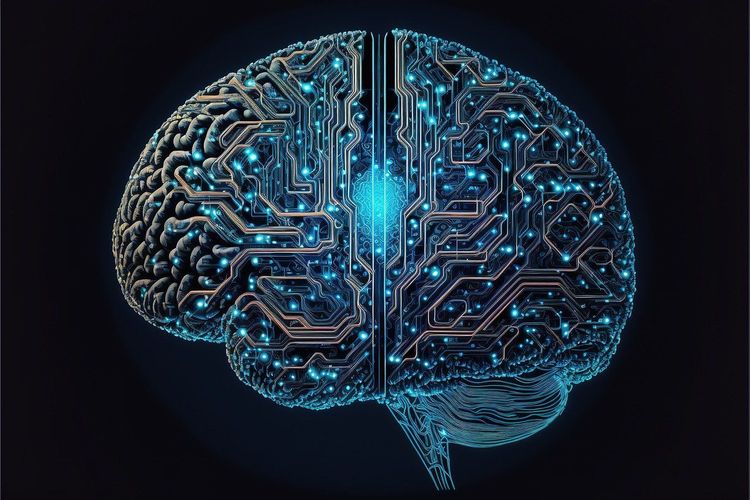In case you missed it, former U.S. President and 2024 Republican presidential frontrunner Donald J. Trump was shot in the right ear during an assassination attempt at a campaign rally in Butler, Pennsylvania, near Pittsburgh.
Trump sustained non-life-threatening injuries and was treated in a hospital before being released shortly after the incident. The attack claimed the life of the would-be assailant and at least one other person.
The shocking event has prompted an outpouring of support from prominent tech leaders, including some who have been former critics of Trump. For instance, Elon Musk, the billionaire head of several tech companies, who previously criticized Trump on his social media platform Truth Social, publicly endorsed Trump's 2024 re-election bid on X.
Jeff Bezos, the founder of Amazon and another past critic, posted on X expressing gratitude for Trump's safety, stating that he displayed "tremendous grace and courage under literal fire." This came after he had previously joked about sending Trump to space.
Apple CEO Tim Cook expressed his prayers for Trump’s rapid recovery on X, while Google CEO Sundar Pichai conveyed similar wishes. Microsoft CEO Satya Nadella condemned violence in society and sent his best wishes to Trump for a swift recovery. OpenAI CEO Sam Altman shared a succinct message on X, saying he was "very glad President Trump is safe."
The widespread expressions of support from tech leaders highlight a desire for unity and decency amid the political polarization characterizing the current climate. However, some critics may view these sentiments as a strengthening of Trump’s position, particularly Musk's enthusiastic endorsement.
As we approach the 2024 U.S. general election, the tech industry's approach to handling misinformation and influence campaigns fueled by AI technology poses significant challenges.







